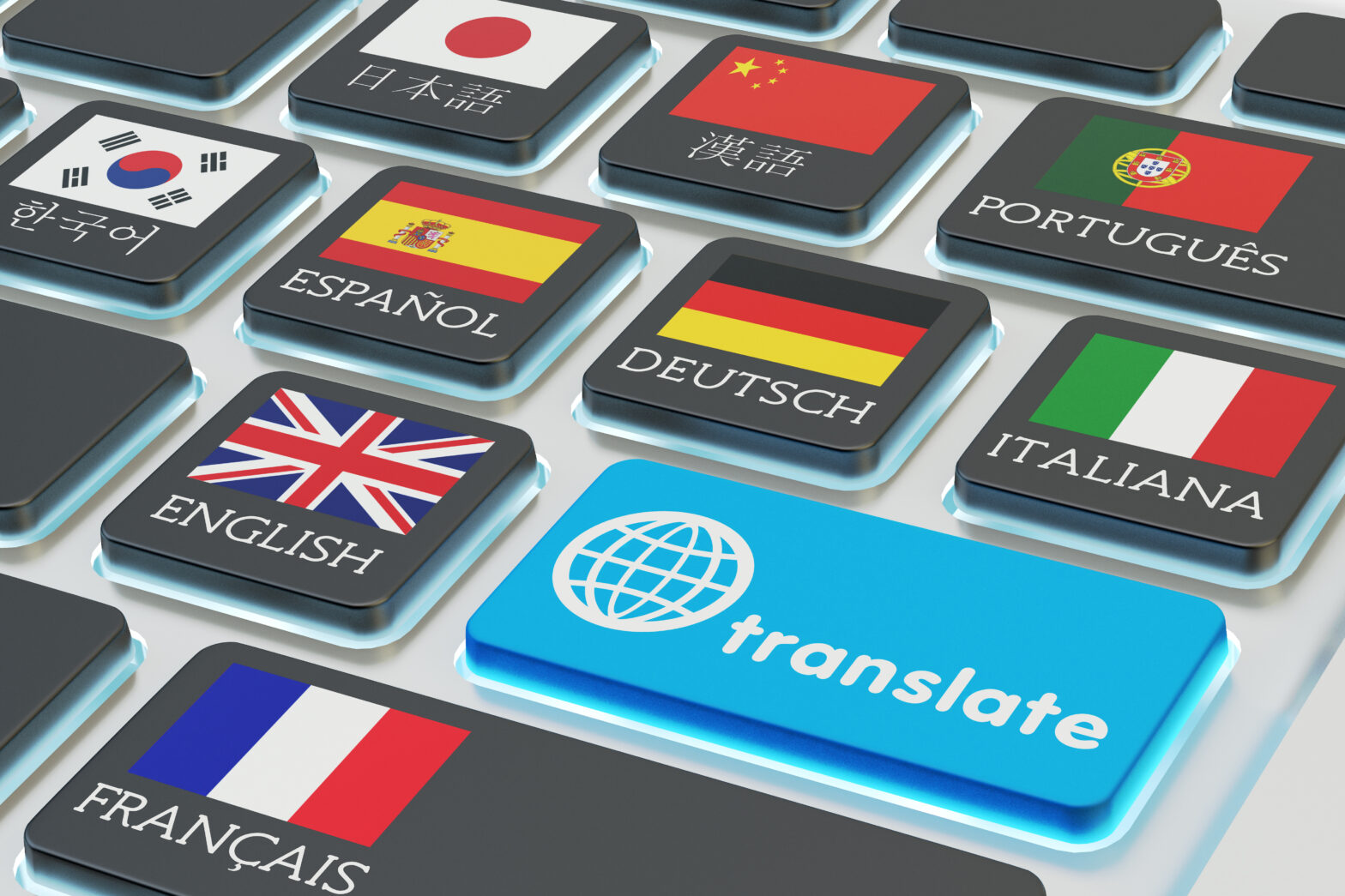Doing business in foreign markets doesn’t just have to be about taking your ideas abroad. With the help of a good translator, it can also be about bringing ideas back home. A native translator with strong knowledge of a foreign market could clue you in on successful and unique business ideas from abroad.
On the surface, translators simply facilitate cross-language communication. But in practice, they can do so much more. Here are three business hacks translators could help you with.
1. Tips for global social media
You may have mastered social media marketing in your native country, but international outreach can be very different. There is much more to global social media strategy than simply translating your Facebook posts, especially since in some countries Facebook isn’t even relevant. In Japan, only a small percentage of people use Mark Zuckerberg’s platform, and it serves a similar function to the one LinkedIn does in the UK. Confusing things even further, XING is the LinkedIn of the German-speaking market.
If you are doing business with China, the world’s second biggest economy, you need to acquaint yourself with the features and functions of Tencent Weibo and Sina Weibo.
As Global Voices points out, translation services can help make this simpler, because they can scour any international social media landscape and inform you of best practices, helping you engage larger markets on their own terms.
2. Business ideas from abroad
As Canadian newspaper the Globe & Mail reports, entrepreneurs Derek Beech and Collis Verdicchio travelled to Peru in 2009, where they were astonished by the softness of Peruvian rugs. When they came home they found these rugs were not for sale in Canada, so they swiftly launched their brand Sumaq Rugs to remedy the situation. Without translation, these entrepreneurs would never have known what it was that made the rugs so soft. But with translation, they discovered the rugs were made of alpaca fur, which is softer than the norm due to the high altitudes at which these animals live.
Dragon’s Den star Peter Jones is an advocate for this approach. He recommends putting ‘a different twist‘ on imported ideas to make them more appropriate for the new market. There are also legalities to consider. Translators can help you read over foreign language patents to ensure your version of an idea is not infringing copyright.
3. Business practices from abroad
Bringing a translator or interpreter to a business meeting will help cross-language conversation flow better, but what an interpreter observes in terms of business practices could be even more helpful. The culture and conventions of many businesses overseas is far removed from the practices we know in the Anglophone sphere.
For example, Chinese companies only do business with other companies they already know. To facilitate this they always use an intermediary to introduce new business partners or clients. This intermediary is normally an individual or company that can vouch for the reliability of the new company and make formal introductions. An interpreter or translator may be the one who clues you in on this unusual way of doing businesses.
You could take a page from the Chinese book and only work with companies your current clients recommend. It might lead to more fruitful working relationships, or at least fewer disappointing ones. With the Chinese economy booming, surely there must be something to it.
Another perhaps surprising business practice comes from India, where all business conduct is extremely casual. Knowledge like this, cribbed from a translator, is hugely useful for the purpose of future deals and transactions in foreign countries, but it could also be brought back and applied to your own business. A dose of Indian-inspired informality may be just what your business needs to boost morale and creativity.
Related: How to customise your website to sell more overseas – Nearly two thirds of non-English speaking customers never buy from an English-only website. Alan White shares how to increase sales to international customers.





